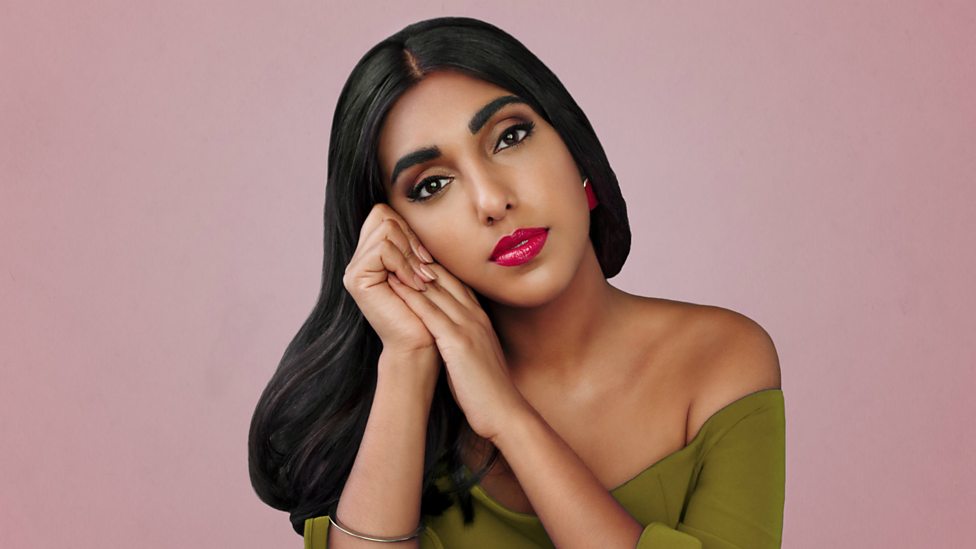We all like to come up with witty and clever Instagram captions. But would we consider the said captions to be poetry? Ariel Bissett, an English Literature graduate and Youtuber, released her documentary #poetry at the beginning of the month. The documentary explores the links between poetry and online social media platforms, how they can co-exist, and people’s perception of internet poems. Most importantly, by interviewing a number of female poets who share their works online, Bissett tries to understand why online poetry is not viewed as a ‘real’ form of poetry by everyone.
A key question to ask is, what makes a ‘real’ poet? Do poets become poets as soon as they come up with a combination of words that they can then write down, or do they become poets once their work gets published? As stated in the Oxford English Dictionary, a ‘poet’ is as ‘a person who writes poems’, but the definition does not say anything about the form or ways of publication. Therefore, why is a physical copy of a collection of compositions viewed as more valuable than an online version? As we live in a world of changing attitudes, should we not change our perception of online poetry and consider it to be as valid as any other form of verse? At the end of the day, self-publication has been a huge part of poetry’s history.
According to Nielsen Bookscan, in the last five years the sale of poetry books has soared by 66%, which equals to over a million poetry books being sold at a value of £11.1 million. Therefore, Bissett’s question ‘can Instagram make poetry cool again?’ can simply be answered just by looking at the statistics. Clearly, there must be a connection between the rise of self-publishing on Instagram and the general interest in poetry books.
People are critical of using social media as a means of spreading artwork, they do not consider it to be academic or legitimate enough to be perceived as authentic. But after all, the printing press did not always exist, therefore was seen as innovative at one point in time. If we look at the historical perception of Lord Byron, his works were not always accepted. As a leading figure of the Romantic movement, he too had to change the social view of what ‘real’ art was. Instagram, an app launched in 2010, has been established as a medium where people can present their work. It is accessible to all and anyone can publish their poems on it – surely it is easier to put work up on Instagram than to acquire a publishing deal. In that case, should we not admire the so-called ‘Instapoets’ for their ability to adapt and take initiative to reach a wider audience?
Rupi Kaur, author of two New York Times Best Sellers, started by sharing her works on Tumblr and Instagram; with the sales of her debut publication Milk and Honey reaching 2.5 million worldwide, her status as a poet certainly cannot be undermined. Furthermore, 12 of the top 20 bestselling poetry authors of 2017 were ‘Instapoets’, and 47% of poetry books sold in the US in 2017 were written by such authors. Is Instagram poetry criticised because of its accessibility? Bissett refers to the Instagram movement as ‘restructuring, or at the bare minimum a new structuring’; the perception that only intellectuals could understand anthologies has begun to diminish. This idea undermines the critics who, in the past, would force their ideas of what is right and wrong, what people should read and what they should not. The loosing of control over such an academic medium is unsurprisingly shocking to some.
In the documentary, Assistant Professor Adam Hammond from the University of Toronto states that “Poetry is in a really horrible state, and it has been for a long time. No one reads it.” In this case, should we not praise Instagram for helping to revive poetry, instead of devaluing the work because of where it was presented? I believe that people reaching out for new books and reading more is a reason for celebration. The form of publication should not be the centre of attention, rather the content itself should be evaluated.
Kinga Glasek
Image Credit: bbc.co.uk

